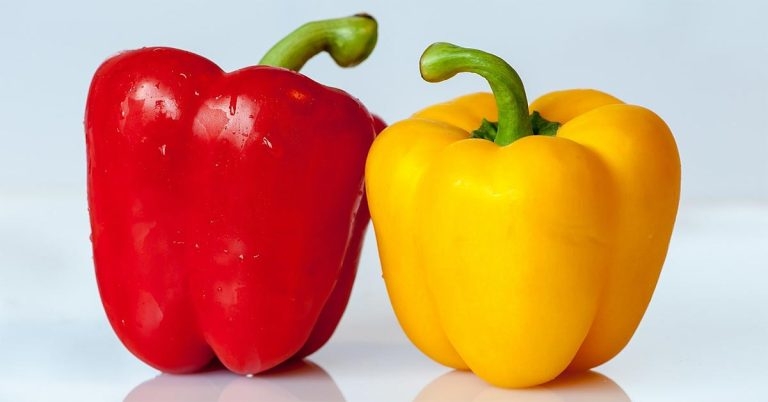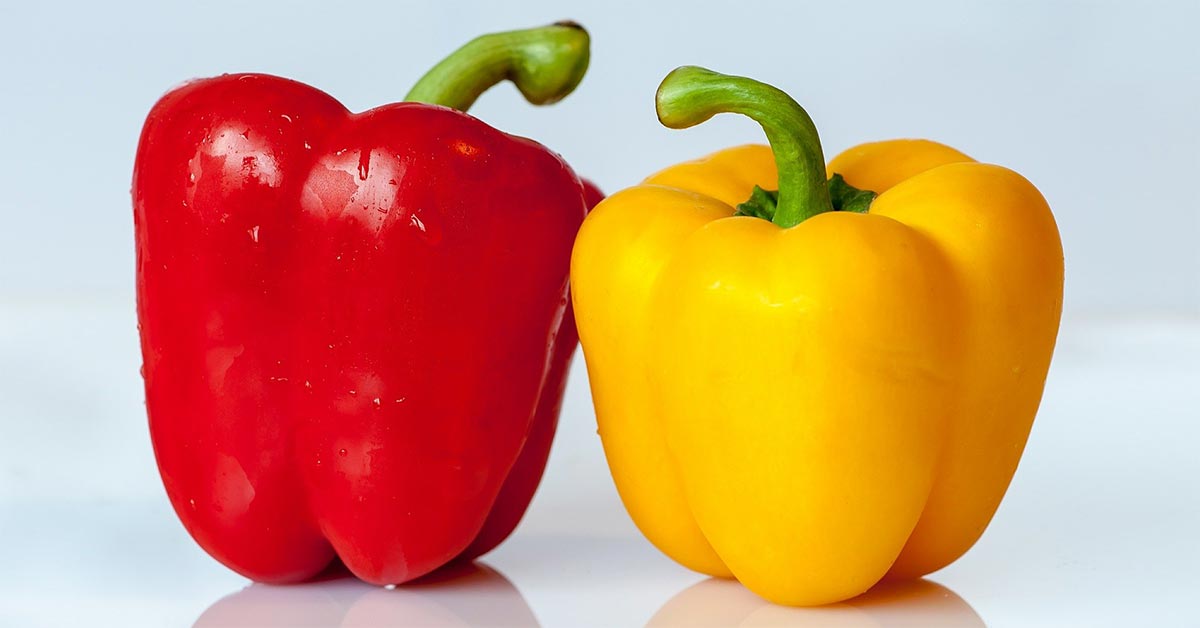14 Apr 2014
Like primates, guinea pigs cannot produce their own vitamin C, so it must be supplied in the diet.

Bell peppers are particularly high in vitamin C.

The average guinea pig needs between 10 and 30 mg/kg daily, while young, pregnant, ill and deficient guinea pigs need up to 50 mg/kg daily.
Beware: extremely high doses of ascorbic acid can cause poor growth and can precipitate scurvy if the amount is dramatically reduced, even to doses considered adequate for a normal cavy.
Vitamin C should not be added to drinking water. This reduces the accuracy of dosing and, when added to water exposed to air, half the strength of the vitamin will be lost in as little as a day.
Heat, metal, mineral content (hard water), and chemicals (especially chlorine) will also affect how long the vitamin C is viable, and if the flavour of the water is adversely affected, the guinea pig may drink less.